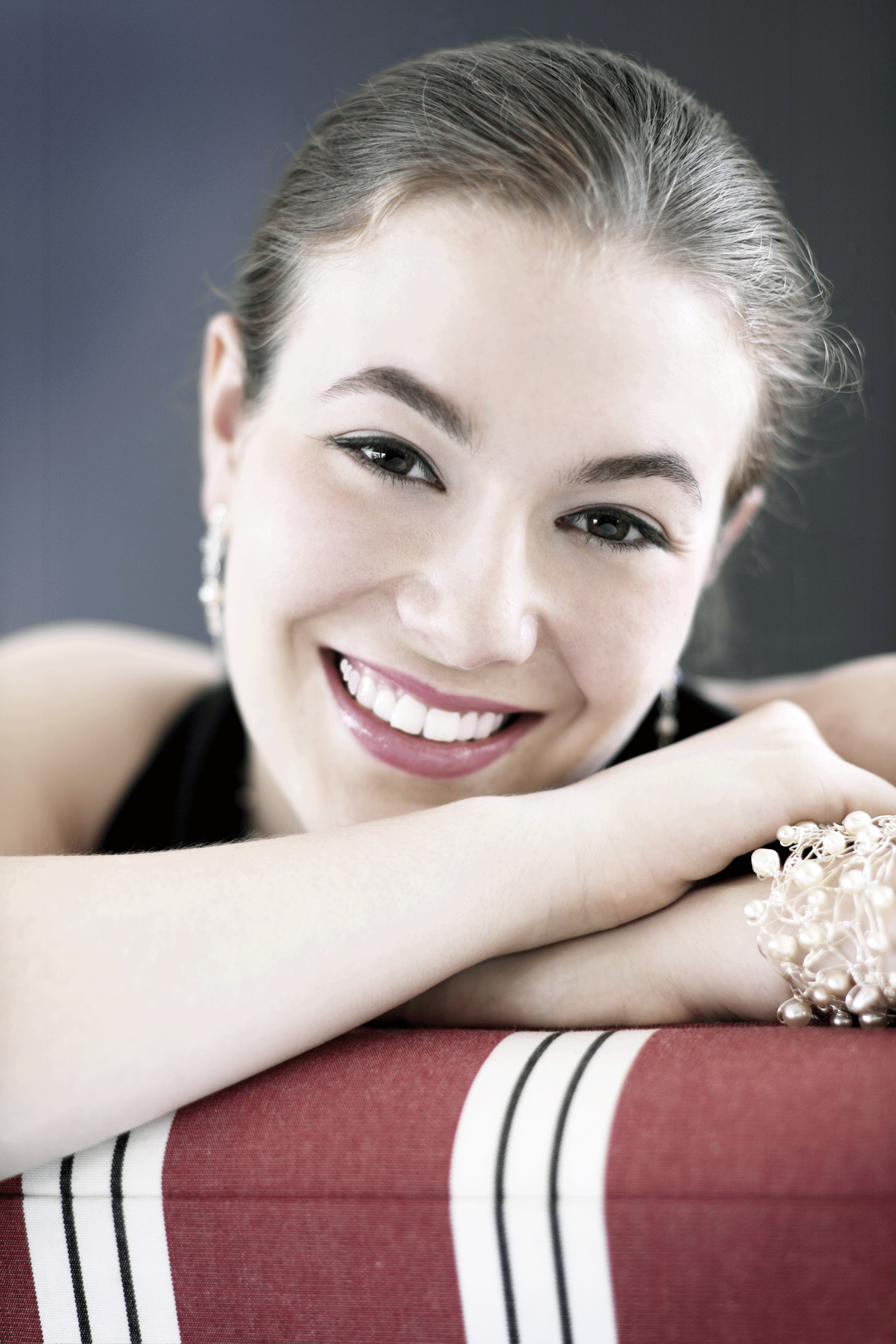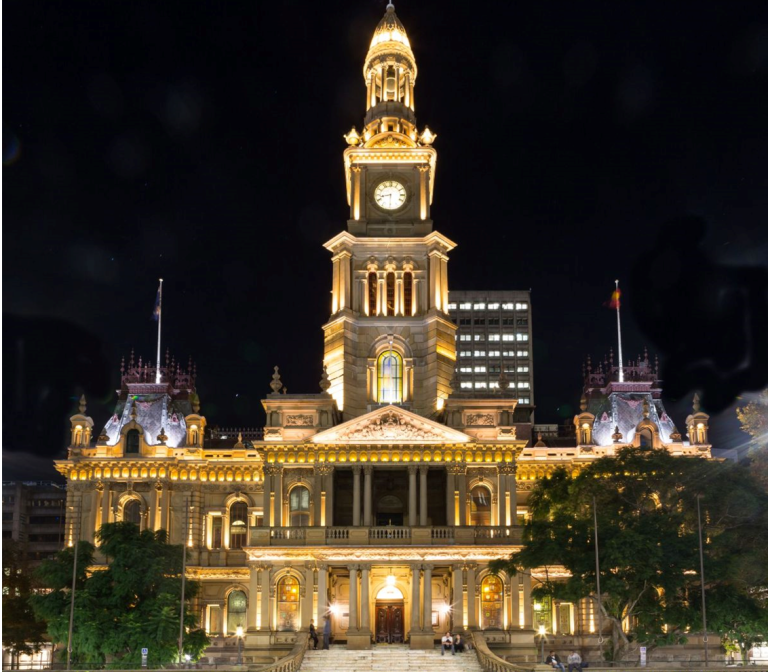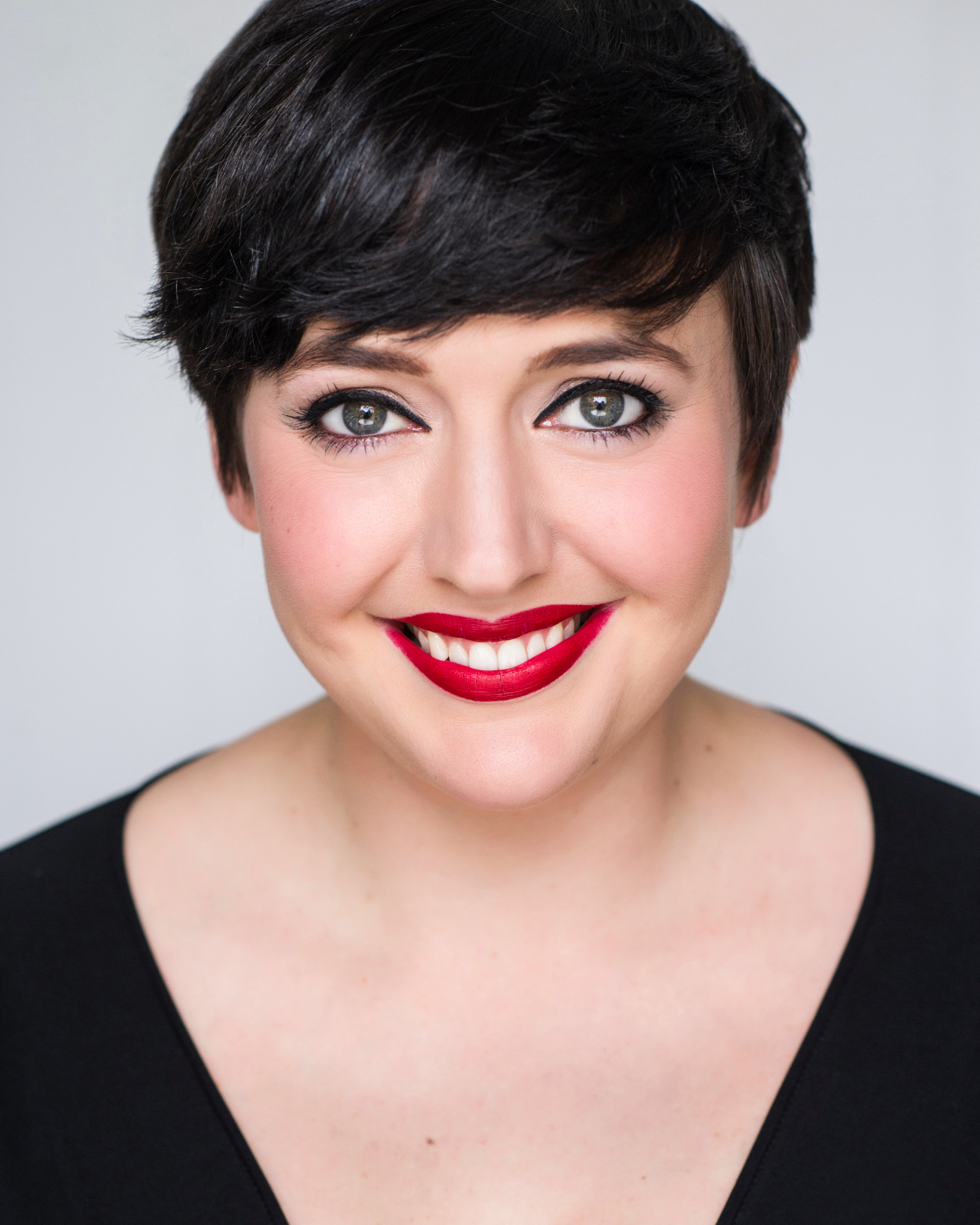the invisible path – soprano Allegra giagu talks about her career so far
 Just pretend you’re 17 years old. You have decisions to make that will have a major impact on the rest of your life. It is not about choosing HSC subjects or whether to take a year off after school. These decisions are more definitive. They are what soprano Allegra Giagu faced when she was just this age.
Just pretend you’re 17 years old. You have decisions to make that will have a major impact on the rest of your life. It is not about choosing HSC subjects or whether to take a year off after school. These decisions are more definitive. They are what soprano Allegra Giagu faced when she was just this age.
First, there was the opportunity to leave her home and family in Sydney and travel to London on a community scholarship, to study at the Guildhall School of Music & Drama. Second, her voice was so pure and powerful for her age that she had already been offered a recording contract with a future as a crossover artiste dangling in front of her.
The first decision was not too hard to take. There was little doubt that this was an opportunity not to be missed. The answer to the second dilemna might have been evident, but was not so easy to find. Nonetheless, Giagu chose the relentless discipline, perseverance and patience of a career as a classical singer over the fast track to fame. And so, it was off to London, where today, she continues her study and work.
“Somehow I knew I was put on this planet to be an opera singer. Whether or not that came about, I knew that I would never be satisfied without trying” she says knowingly.
Utterly charming, effervescent and enormously talented, Giagu is an engaging presence on stage. A recent honours graduate from London’s Royal College of Music, her career in fact, started a couple of decades ago, and by the age of 11, she was singing solo in the Concert Hall of the Sydney Opera House.
The Sydney Children’s Choir, Gondwana Voices and studies at the Conservatorium High School followed. Then came the Edinburgh Military Tattoo’s televised Salute to Australia in 2005, where she sang in front of a combined audience of millions; also, ‘The Story of Christmas’, presided over by Dame Judi Dench and attended by royalty and A list celebrities, which raises funds for children’s charities. The Guildhall School of Music & Drama also presented unique opportunities through which Giagu became a member of the Britten-Pears Young Artist Programme and performed in The Rake’s Progress at the Aldeburgh Festival.
When we met, conversation turned to two recurrent themes – the temptations of being a crossover artist, and the need to work and study in the West, to be competitive on the international stage.
This year, Giagu is continuing private study in London, putting in the hard yards that will help her to realise her goal. “There can be a huge gap of 10 years from graduation to opera singer. It is an invisible path – the end can’t be seen and it is a constant journey, but it feels right” she says with conviction.
So how does a singer survive the long years that it takes to emerge from the chrysalis? This is a matter not just of economics, but of professional activity. “At 17 you can get away with singing several styles because ‘potential’ is still open ended; but twenty five to thirty years is when you start at the mark and work on real opera, and big gigs are not the ones to be doing”. Giagu says this where the importance of being flexible comes in. “Saved by the crossover” she jokes, but “without getting distracted along the way” – and so there are selected opportunities in fringe and modern opera, small operatic roles, oratorio and social events to keep the wolves from the door.
In December 2010, Giagu performed in London’s West End, with the Ilythian Ensemble in “The Carnival”, a circus – opera by Australian composer-producer Chloe Charody. A fusion of opera, cabaret and pop, it opened to a very warm reception and Giagu found it fun, but a ‘guilty pleasure’. The idea is to keep out of the brightest spotlights until she is ready and picking that time very carefully. “I don’t want to be reviewed as an opera singer right now. If I were offered Pamina (in Mozart’s The Magic Flute) at the Royal Opera next week, I would say ‘No, not now’, because that’s where I want to end up. I’m confident with where I am”.
Soon, Sydney will welcome back tens of expatriate musicians to perform with the Australian World Orchestra. (See SoundsLikeSydney post on The Australian World Orchestra). At the same time half a dozen or so young musicians will travel form Sydney to work and study in Europe and the UK (see SoundsLikeSydney posts on Edmond Choo, Morgan Elliot Pearse and Joseph Twist). Recently, SoundsLikeSydney featured conductor Carolyn Watson who returned to Sydney after two years of study with luminaries like the late Sir Charles Mackerras, Daniel Barenboim and Simone Young. We can only hope that there will be career opportunities and sufficient audiences for more of our musicians to return.
Giagu agrees. “When you’ve had that much support, you want to give something back – at least to show that you’ve developed with the opportunities you were given. There is room and flexibility with concerts in Sydney. London, on the other hand is a tough nut to crack. Everything is booked so far in advance. Sydney is a hub, but distance is a disadvantage. To travel for 24 hours and then recover, can take a long time for a singer, which doesn’t make it easy on a busy performing schedule”.
Distance apart, in the northern hemisphere, the sheer pressure of numbers, talent, structure and high expectations creates stiff competition which drives everyone to aim higher.
Soon, Giagu is off to Paris for a concert at Saint-Sulpice, and Vienna, working with Birgid Steinberger and the Wiener Meisterkurse 2011. “It’s not fame that drives me” she says solemnly, adding simply “I’d like to be known for the integrity of what I do”.
“Di nome di fatto” she quotes. Loosely translated, it means ‘In name and in deed”. Her name means “happiness.”





